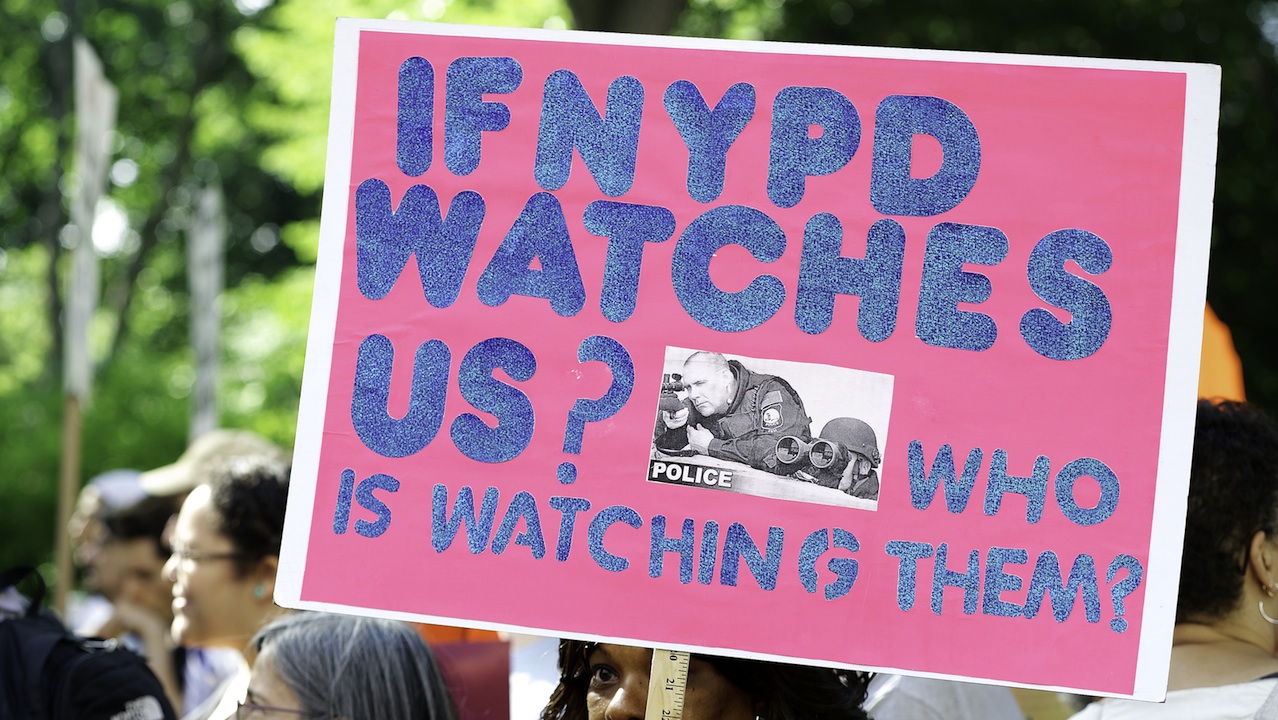A detail that we (and others) neglected to report when yesterday’s “stop-and-frisk is unconstitutional” ruling came in: police in the precinct with the highest number of stops in each borough will be required to wear cameras for a one-year pilot program, in an effort to bring more objective evidence around the tactic.
“The recordings may either confirm or refute the belief of some minorities that they have been stopped simply as a result of their race, or based on the clothes they wore, such as baggy pants or a hoodie,” Scheindlin wrote in her ruling.
The cameras could also curtail police use of force, according to the findings of a similar pilot program in Rialto, California, DNAinfo reports. In Rialto–a town the size of one NYPD precinct–a study found that cameras brought civilian complaints about police to 17 from 24 in a similar period without cameras.
Mayor Bloomberg, who plans to appeal the decision, isn’t happy about the cameras. “It would be a nightmare,” he said. “A camera on a [cop’s] lapel — he turned the right way, he didn’t turn the right way — it’s not a solution to the problem.”


